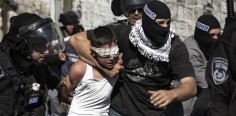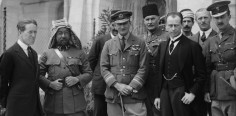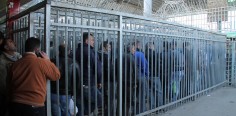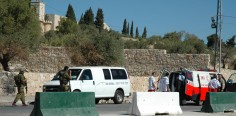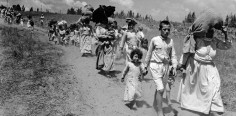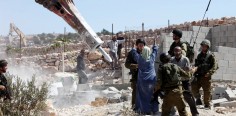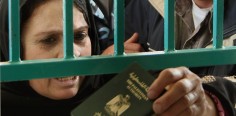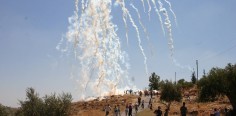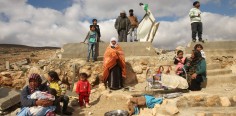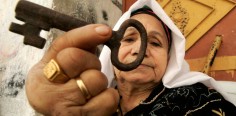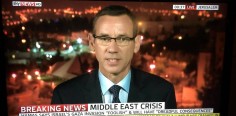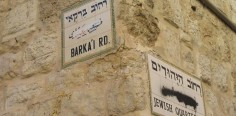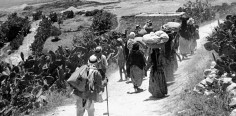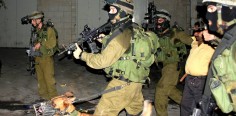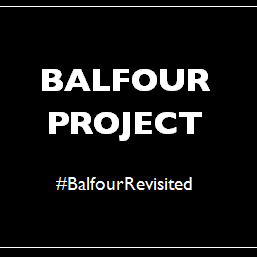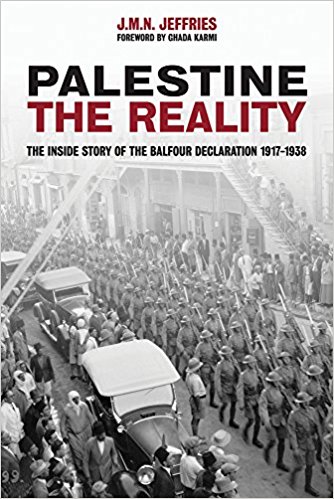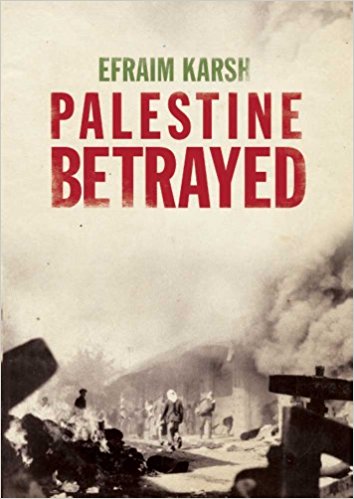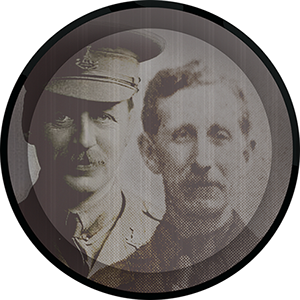BRITISH BETRAYAL
WE ARE CALLING THE ARABS TO FIGHT FOR US ON A LIE AND I CAN’T STAND IT.
T.E. LAWRENCE
On an ordinary workday on July 22, 1946, an explosion ripped through the historic King David Hotel in Jerusalem. Ninety-one people were killed, including 41 Arabs, 17 Jews, and 28 Britons. The hotel was the British administrative headquarters for Mandatory Palestine, and the perpetrators were members of the Irgun, a Zionist underground militant organization.
In response, Britain simply forbade its soldiers from "fraternising with the local population" and that "all Jewish places of entertainment, cafes, restaurants, shops and private dwellings" be out of bounds to all ranks. This lame response to a terrorist attack was one of a long line of Britain's betrayals of the people of Palestine.
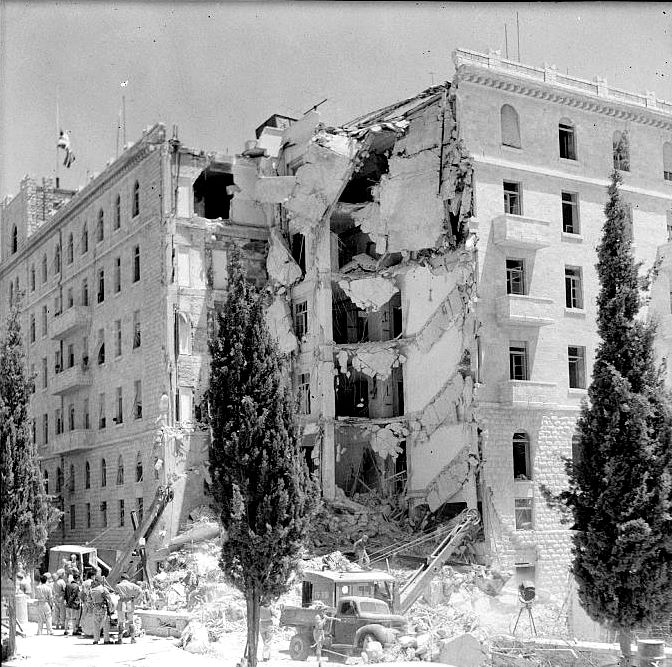
During World War I, an Arab uprising aided by the British drove the Ottomans out of the Levant. The UK had pledged that it would honor Arab independence if they revolted against the Turks. Meanwhile they made a secret pact with the French to divide the region into British and French spheres of influence.
A year later, in 1917 the UK's Foreign Secretary Arthur James Balfour sent a letter to Baron Walter Rothschild, a former Member of Parliament and leader of the British Jewish community. The letter was intended to be transmitted to the Zionist Federation of Great Britain and Ireland, which advocated for a Jewish homeland in Palestine despite the fact that at the time, Jews made up roughly 10% of the population of Palestine and most were fairly recent arrivals.
The letter stated, in part: "His Majesty's government view with favour the establishment in Palestine of a national home for the Jewish people, and will use their best endeavours to facilitate the achievement of this object."
Soon afterwards Britain obtained a mandate from the League of Nations to administer Palestine "until such time as they are able to stand alone." Given the British pledge to establish a Jewish homeland in their midst, native Palestinians watched with dismay as Jewish immigration intensified and the Jewish community established its own proto-government and military.
In 1936 the Palestinians rebelled again, this time against their British occupiers who threatened to allow newcomers to permanently usurp their country. It began as nonviolent strikes and other forms of political protest but escalated to violent resistance. Britain brutally crushed the resistance, leaving native Palestinians largely defenseless and leaderless as the Zionist community continued to grow in strength and numbers.
For their part, the Zionists resented any British restrictions on Jewish immigration whatsoever, and Zionist terrorist militias began engaging in terrorism, assassinations, and sabotage to try to force the British to leave.
Soon after the King David Hotel bombing, the British became fed up with the whole situation and turned it over to the UN. The General Assembly recommended a partition plan that would give more than half of Palestine over to Zionist rule even though even at the time Jews made up less than one-third of the population. Native Palestinians rejected the deal but were no match for well-armed and well-organized Zionist militias, which conquered 78% of the territory and now control all of it.
Considering how much responsibility Britain has for the events which led to the occupation of Palestine and the ensuing oceans of injustice, you would think the British government would have a special relationship with the Palestinians they betrayed.
But the reality is the opposite. To this day, like its American counterparts, mainstream British politicians give preferential treatment to Israeli authorities. They frequently support them on the world stage, do little to enforce international law on them and they reiterate talking points given to them by the Israeli government.
The partition proposal is so manifestly unfair to the Arabs that it is difficult to see how we could reconcile it with our conscience.
Ernest Bevin - British Foreign MinisterI could see that if we won the war, the promises to the Arabs were dead paper. Yet the Arab inspiration was our main tool in winning the Eastern war. So I assured them that England kept her word in letter and spirit. In this comfort, they performed their fine things: but, of course, instead of being proud of what we did together, I was continually and bitterly ashamed.
T.E. Lawrence - British Diplomat & Military Officer
